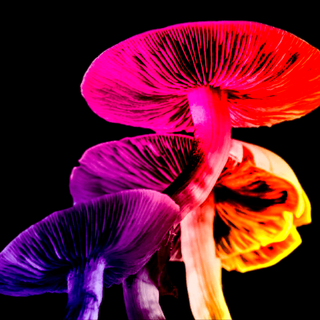The world seems to be transitioning into a post-pandemic world, but experts warn that it’s too soon to let our guards down. A surge in Covid19 reinfections in the UK and US has made scientists worry about what it would mean to live with the coronavirus in an “endemic” stage — that is, a stage where the virus persists at a steady rate, without fluctuating too much in either direction.
A study published this month in Lancet Microbe confirms this. “Reinfection by SARS-CoV-2 under endemic conditions would likely occur between 3 months and 5·1 years after peak antibody response, with a median of 16 months,” the paper states.
“We still don’t know much about the risk factors for reinfection but the theoretical assumption that once all the young get it the pandemic will be over is becoming increasingly unlikely,” Nisreen Alwan, a public health expert from the University of Southampton, told The Guardian.
In countries that haven’t approved vaccines for children, the risk is particularly stark. With schools reopening worldwide, children face reinfection risks and may also inadvertently be a cause of an infection spread, leading to a domino effect.
Reinfections surge due to waning immunity amid a higher number of infections in the surroundings. This means that the more that cases surge, the higher the likelihood of reinfections despite prior immunity. This extends to people who received both doses of the vaccine too.
“If you don’t clamp down on prevalence [in schoolchildren], you’ll get the spread of infection and possibly reinfection, which will then potentially spread to parents whose vaccines may be waning, and more critically to grandparents and clinically vulnerable people,” Stephen Griffin, a virology expert at the University of Leeds, told The Guardian.
Related on The Swaddle:
Covid19 Reinfection Has a New Definition. Here’s Why That Matters.
Experts stress the importance of continuing infection control measures such as wearing masks, social distancing, and vaccinations. In the present study, researchers analyzed four endemic human-infecting coronaviruses (including some common colds) to compare reinfection rates. Since there is limited data on the SARS-CoV-2 virus, studying its close evolutionary cousins could help us understand the durability of immunity and the likelihood of reinfection.
“Our results caution that reinfection will become increasingly common as pandemic disease transitions into endemic disease,” the paper notes. The findings can aid policy measures about people who recovered from Covid19 and whom governments now view as temporarily immune.
The paper also adds that the findings have implications for travel restrictions, the opening and closing of various sectors, and other activities in an endemic state.
Another significant takeaway from the research is how, for public health purposes, it is inadequate to assess reinfection risks in terms of an antibody-threshold level. Doing so takes only an individual into account, which could be misleading for scientific and public health messaging.
Most importantly — especially for India, where the messaging belies a sense of complacency while entering the “endemic” stage — the research strongly warns that policies cannot and should not rely on “herd immunity.” There is likely to be no such thing as herd immunity judging by the increasing likelihood of reinfections.
“In particular, our estimate argues strongly against the claim that a long-standing resolution of the epidemic could arise due to herd immunity from natural infection or that mitigation of the long-term risks of morbidity and mortality can be achieved without vaccination. Relying on herd immunity without widespread vaccination jeopardizes millions of lives, entailing high rates of reinfection, morbidity, and death,” the paper concludes.
In other words, reaching an endemic phase is not a victory by any measure, as it does not imply fewer deaths and mortalities. To decide that we just have to “live with” the disease is a failure of public health policies, even as research points to how we can control the spread of the disease.




